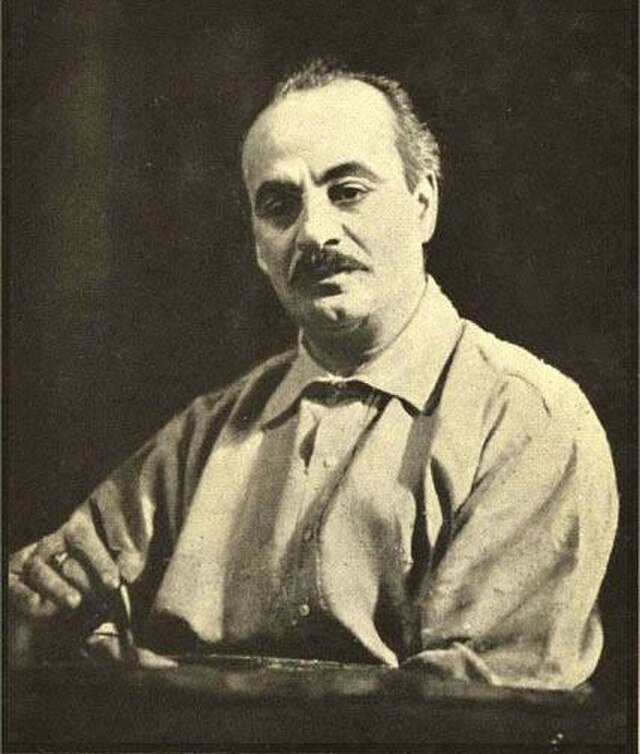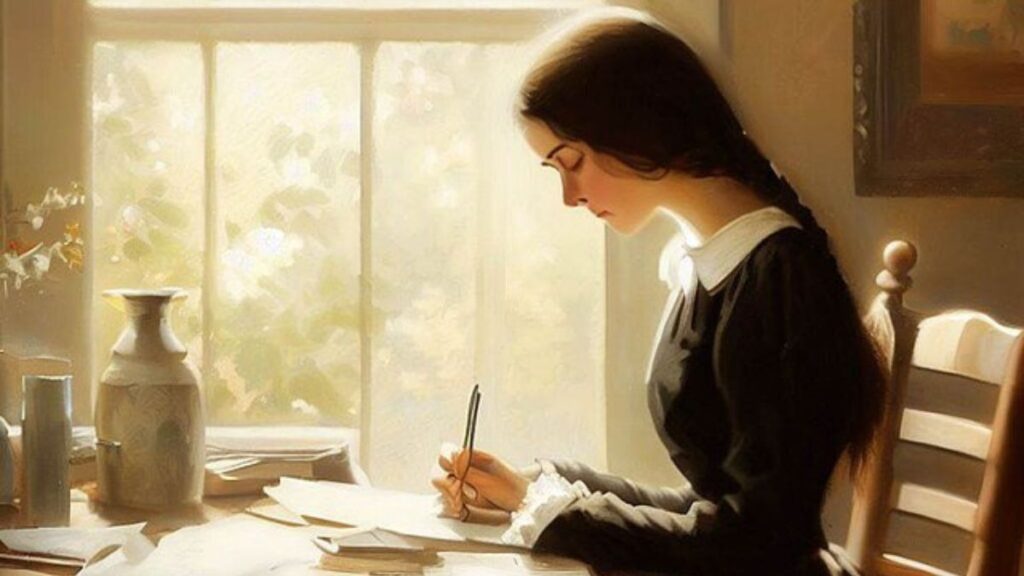By Christa Protano
Ever since Taylor Swift announced her upcoming album, The Tortured Poets Department (TTPD), at this year’s Grammys, we’ve been excitedly counting down the days until its release—and speculating and analyzing all of the resulting clues and Easter eggs.
What we know for sure: TTPD drops on April 19th, which is also “Poetry and the Creative Mind Day.” The Academy of American Poets coined this holiday to celebrate artists who use poetry as a creative outlet to express their emotions—a practice our girl Taylor is an expert at. We also have cover art and a track list that will be released via four different album versions, each with its own bonus track.
What we think we know? Well, April 19th also happens to be the date upon which the American Revolution began, which is appropriate since TTPD is expected to be a break-up album inspired by Swift’s very British ex, Joe Alwyn. It’s even been speculated that the song “So Long, London” will be track five, a place where many of Taylor’s most gut-wrenching, soul-bearing songs appear on past albums. Tortured, indeed.
But what about the other “tortured poets”? If Taylor is the self-proclaimed department Chairman, who occupies the other seats on the board? One could make the case for Post Malone or Florence & the Machine—both collab with Taylor on TTPD. But knowing what we know about Taylor’s love of literary allusions, we can only hope that the following OG tortured poets will provide some lyrical inspiration, too.
Emily Dickinson
Of course we would start our list with Taylor’s actual cousin, a relation recently revealed to be very true. A 19th-century American poet, Emily Dickinson insisted that her life of isolation gave her an introspective and deep connection with the world. As a result, her work parallels her life—misunderstood in its time, but full of depth and imagination, and covering such universal themes as nature, art, friendship, love, society, mortality, and more. The poet is also said to be the inspiration behind Swift’s evermore album and its song “ivy.”
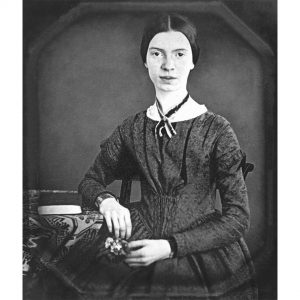
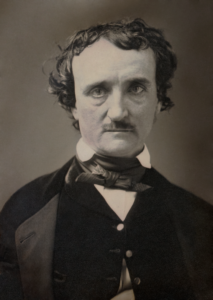
Edgar Allen Poe
Edgar Allan Poe was a master of tales of the mysterious and macabre. From the eerie incantations of “The Raven” to the persistent fright of “The Tell-Tale Heart,” his stories and poems are unforgettable explorations of the darker side of life that still offer lessons and insight into human behavior today. In regards to Taylor’s music, her song “evermore” and Poe’s poem “The Raven” both deal with feelings of grief and depression. While Poe’s repetition of the word nevermore radiates despair throughout his poem, Taylor’s repeated use of the word evermore gives the listener a sense of hope.
Walt Whitman
Inspired by personal experiences and observations, 19th-century writer Walt Whitman spent almost four decades piecing together Leaves of Grass, a timeless collection of poems and essays in which he shares societal ideals and epiphanies about life that still resonate with readers today. In fact, Taylor’s bestie, Lana Del Rey, alludes to Whitman in her song “Body Electric,” as well as in her own collection of poems titled Violet Bent Backwards over the Grass.
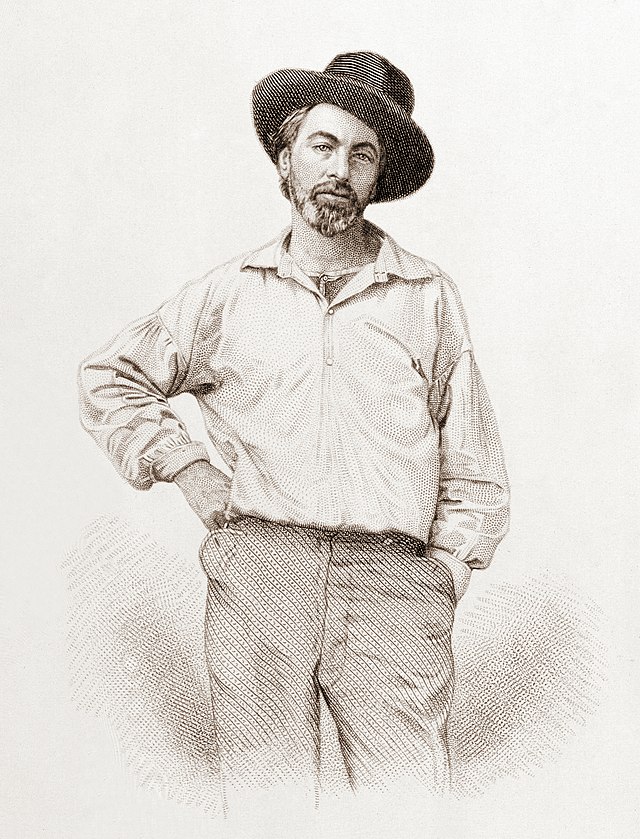
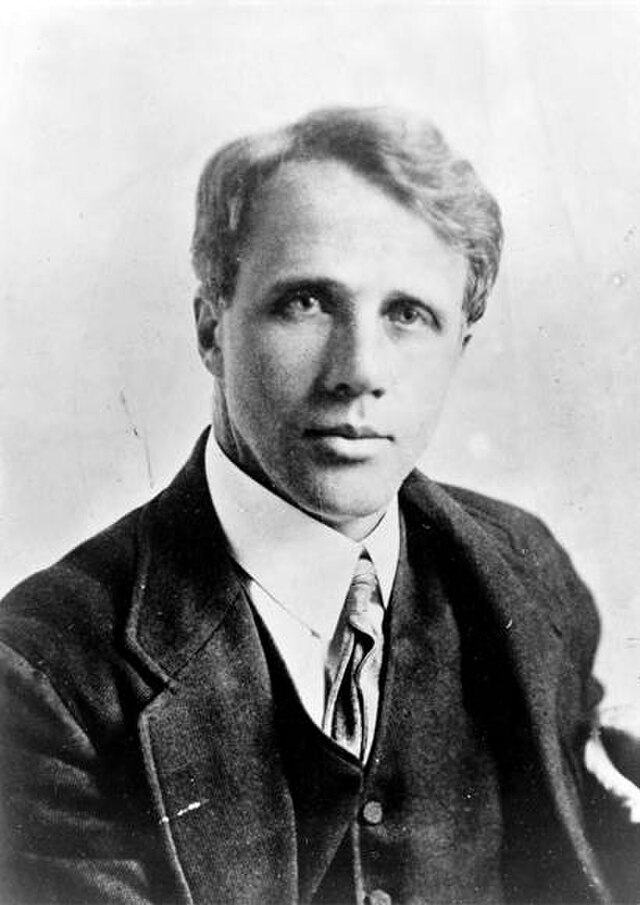
Robert Frost
The poetry of Robert Frost is praised for its realistic depiction of rural life in New England during the early twentieth century, as well as for its examination of social and philosophical issues. Through the use of American idiom and free verse, Frost produced many enduring poems that remain popular with modern readers. His “The Road Not Taken” may have inspired the sixth track of Taylor’s self-titled debut album, in which she sings about overcoming loneliness in middle school in “The Outside.” Fourteen years later, she wrote a line about less popular routes and how they play a role in infidelity for folklore’s “illicit affairs.”
Kahlil Gibran
Upon its initial publication in 1923, Kahlil Gibran’s The Prophet garnered little acclaim, but it became a critical success in the 1930s and again in the 1960s when it inspired a generation of readers with its philosophical discussion on subjects such as love, friendship, beauty, and freedom. Gibran’s masterpiece of poetic prose has now been translated into more than a hundred languages, and is regarded as one of the most important works of the early 20th century.
